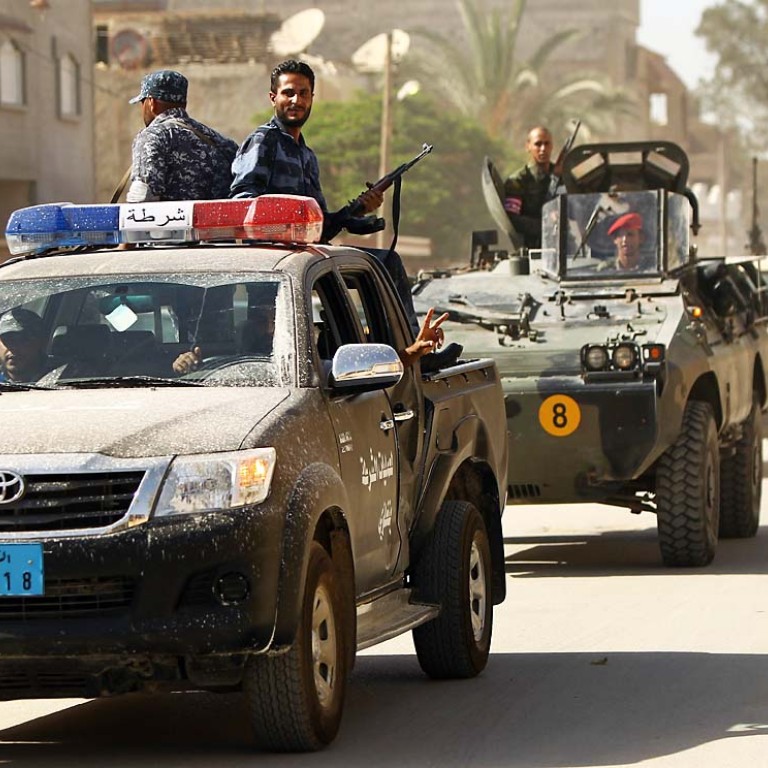
Libyan election, seen as step to stability, marred by violence and low turnout
A deadly attack on troops, the killing of a rights activist and low turnout marred a parliamentary election that Libyan authorities hope will end the political turmoil rife since the ousting of Muammar Gaddafi.
The count was under way yesterday day in a Libyan general election overshadowed by deadly violence in second city Benghazi, including the killing of a leading women's rights activist.
The first results were expected as early as today, organisers said, from an election authorities hope will pave a way out of the turmoil that has gripped the country since the 2011 ouster of dictator Colonel Muammar Gaddafi.
Masked men broke into the home of liberal activist Salwa Bugaighis in Benghazi just hours after polls closed on Wednesday. She was stabbed and shot in the head. US Ambassador Deborah Jones called the killing "heartbreaking" on Twitter, denouncing "a cowardly, despicable, shameful act against a courageous woman and true Libyan patriot".
Seven soldiers deployed to provide polling day security in Benghazi were also killed and 53 were wounded in what security officials said was an attack on their convoy by Islamist militia.
Benghazi was the birthplace of the Nato-backed uprising that toppled and killed Gaddafi. It has become a stronghold of Islamist militia and was the scene of a deadly 2012 attack by jihadists on the US consulate.
The UN Support Mission in Libya expressed regret that "once again, Benghazi witnesses a bloody attack, the [latest] of a series largely targeting civilians".
Tensions have been raised further by an armed campaign launched by a rogue former rebel commander last month to rid the eastern city of Islamists, which has drawn many regular army units to his side. There was also polling day violence in western Libya, with gunmen seizing ballot boxes from polling stations in al-Jemil, forcing voting in the town to be abandoned.
There was no election either in the eastern city of Derna - a jihadist stronghold - or in swathes of the southern Kufra region.
Polling for the 16 of 200 seats in parliament that those areas provide would be reorganised at a later date, the electoral commission said.
Just 42 per cent of 1.5 million registered voters turned out, according to the commission's preliminary estimates. Almost 3.5 million Libyans were eligible to vote but enthusiasm for the electoral process has fallen dramatically in the face of the turmoil.
